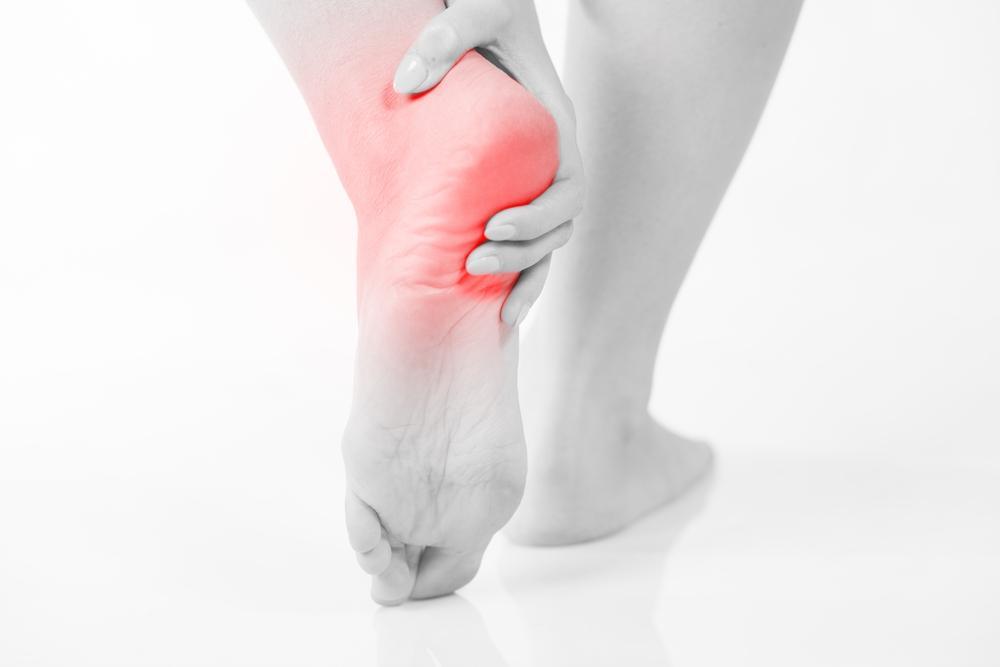Weight loss can significantly help reduce the symptoms of plantar fasciitis, a common and painful condition affecting the heel and the bottom of the foot. This condition is caused by inflammation of the plantar fascia, a thick band of tissue connecting the heel bone to the toes. Excess body weight adds considerable stress to this ligament, exacerbating pain and hindering the healing process. By shedding extra pounds, individuals can alleviate this pressure, thereby reducing pain and promoting recovery. One of the primary ways weight loss benefits plantar fasciitis sufferers is by decreasing the mechanical load on the feet. The plantar fascia is responsible for absorbing the shock that occurs during activities like walking, running, and standing. When a person is overweight, the increased force exerted on the feet with each step can lead to micro-tears and chronic inflammation in the plantar fascia. By losing weight, the amount of force and stress on the feet is significantly reduced, which can help prevent further damage and allow existing injuries to heal more effectively.

Moreover, weight loss often leads to improved overall biomechanics and gait, which can be beneficial for those with plantar fasciitis. Excess weight can cause improper alignment and posture, leading to abnormal foot mechanics. This can place additional strain not only on the plantar fascia but also on other parts of the foot and lower body. Reducing weight can help improve posture and foot alignment, promoting a more natural and efficient gait. This improved alignment decreases abnormal stress on the plantar fascia and can significantly reduce pain and discomfort. Another significant benefit of weight loss is the reduction of systemic inflammation throughout the body. Excess body fat, particularly visceral fat, is associated with the release of pro-inflammatory cytokines. These inflammatory markers can exacerbate conditions like plantar fasciitis. By losing weight, particularly through a healthy diet and regular exercise, individuals can reduce these inflammatory markers, which can help decrease the overall inflammatory response in the body and alleviate symptoms of plantar fasciitis. Furthermore, adopting a weight loss regimen often involves increased physical activity, which can have additional benefits for managing plantar fasciitis.
Low-impact exercises such as swimming, cycling, and yoga can help maintain fitness without placing excessive strain on the plantar fascia. Regular physical activity also helps improve circulation, which is crucial for delivering nutrients and oxygen to the affected tissues, promoting healing and reducing pain. Healthy weight loss usually requires dietary changes that can contribute to better foot health. A balanced diet rich in anti-inflammatory foods such as fruits, vegetables, lean proteins, and whole grains can help reduce inflammation and support overall health. Adequate hydration and proper nutrition are essential for maintaining the health of connective tissues, including the plantar fascia. In conclusion, weight loss can play a vital role in reducing the symptoms history of plantar fasciitis by decreasing the mechanical load on the feet, improving biomechanics and gait, reducing systemic inflammation, and promoting overall foot health. A combination of a healthy diet, regular low-impact exercise, and weight management can significantly alleviate pain, enhance mobility, and improve the quality of life for individuals suffering from plantar fasciitis.
